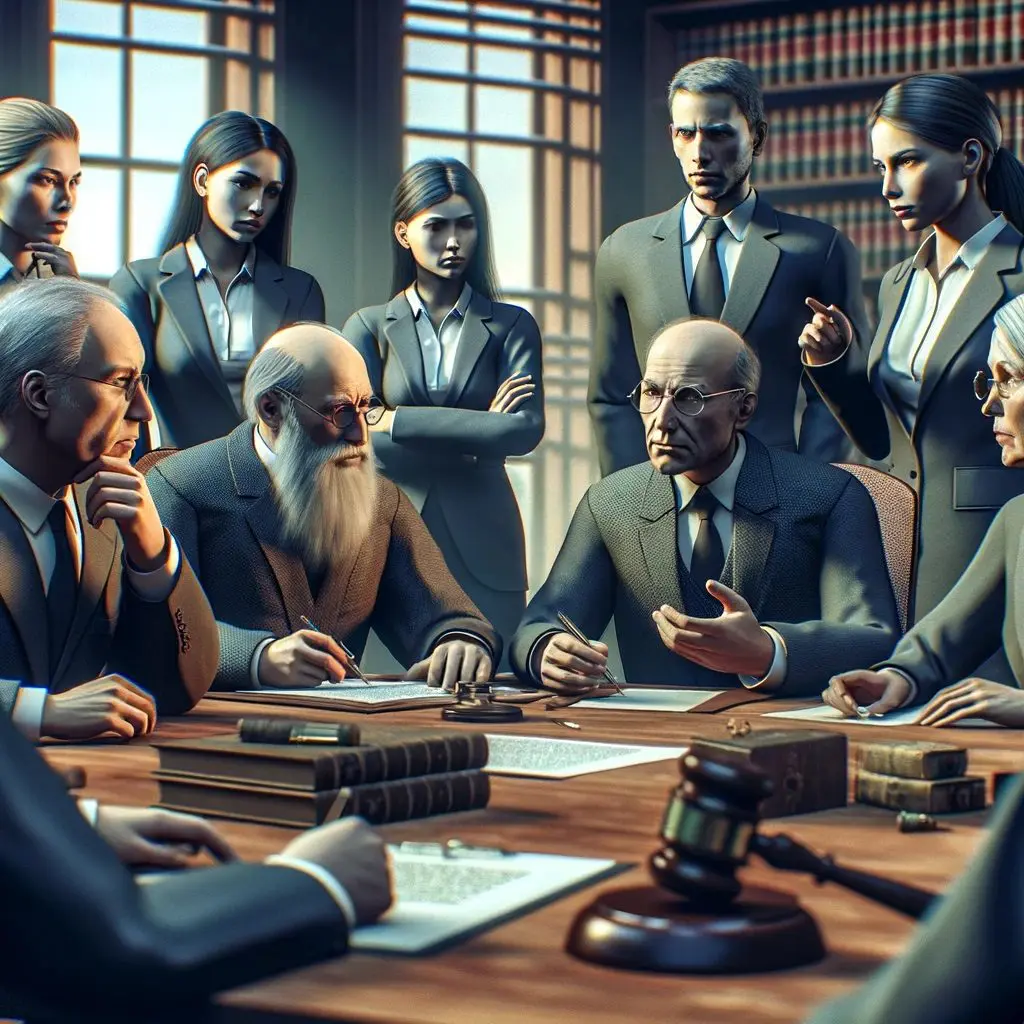The Balfour Declaration, a document issued by British Foreign Secretary Arthur James Balfour in 1917, has been a subject of enduring legal and political analysis. Its declaration in favor of establishing a “national home for the Jewish people” in Palestine marked a pivotal moment in the history of the Middle East, setting the stage for decades of conflict and debate.
Context and Controversy: The declaration was issued during a time of global upheaval, specifically World War I, when geopolitical interests were rapidly shifting. It was contradictory to the Sykes-Picot Agreement, a secret convention between Britain and France, and the Ḥusayn-McMahon correspondence, which promised independence to the Arabs. This conflicting backdrop laid the foundation for the complex legal and political challenges that would follow.
Legal Framework and Interpretation: The lack of a comprehensive legal framework within the Balfour Declaration itself has been a significant point of contention. The document’s brevity and ambiguous language have led to a myriad of interpretations, particularly regarding the extent of the commitment to establishing a Jewish national home and the implications for the non-Jewish communities in Palestine.
Incorporation into International Law: Despite these ambiguities, the declaration’s principles were incorporated into the Treaty of Sèvres and the League of Nations’ Palestine Mandate. This incorporation provided a degree of international recognition, yet the fundamental questions about the declaration’s legal status remained unresolved.
International Reactions and Recognition: The declaration was met with a spectrum of international responses. It was celebrated by the Zionist movement as a major step toward realizing a Jewish homeland. However, it faced strong opposition from the Arab world, who saw it as undermining their aspirations for self-determination and independence.
The Legal Debate: The debate over the Balfour Declaration’s legal standing is complex. Advocates for its legality cite its recognition by international bodies and argue that it meets key criteria for an international agreement. Critics, however, emphasize its unilateral nature, lack of mutual consent, and ambiguity in wording. They also point to the evolving legal landscape, which includes subsequent international agreements and UN resolutions that have influenced the interpretation and enforcement of the declaration.
Subsequent Developments: The Balfour Declaration’s impact was further shaped by subsequent agreements and resolutions. The Palestine Mandate of 1922, established by the League of Nations, explicitly referenced the declaration. UN Resolution 181, known as the Partition Plan, and UN Resolution 242, among others, have played significant roles in shaping the dynamics of the Israeli-Palestinian conflict and the interpretation of the Balfour Declaration.
Enduring Legacy and Ongoing Impact: The Balfour Declaration’s legacy extends far beyond its original issuance. It played a critical role in the establishment of the State of Israel and continues to influence the Israeli-Palestinian conflict. The declaration remains a symbol of the complex interplay between history, politics, and international law, and its legal and political implications continue to be a subject of intense debate and analysis.
In summary, the Balfour Declaration is a document of immense historical significance, whose impact and legal standing have been analyzed and debated for over a century. Its role in shaping the course of Middle Eastern history and its ongoing influence in international relations and law make it a subject of enduring interest and importance.
Resource URL: Balfour Declaration | History & Impact | Britannica
















